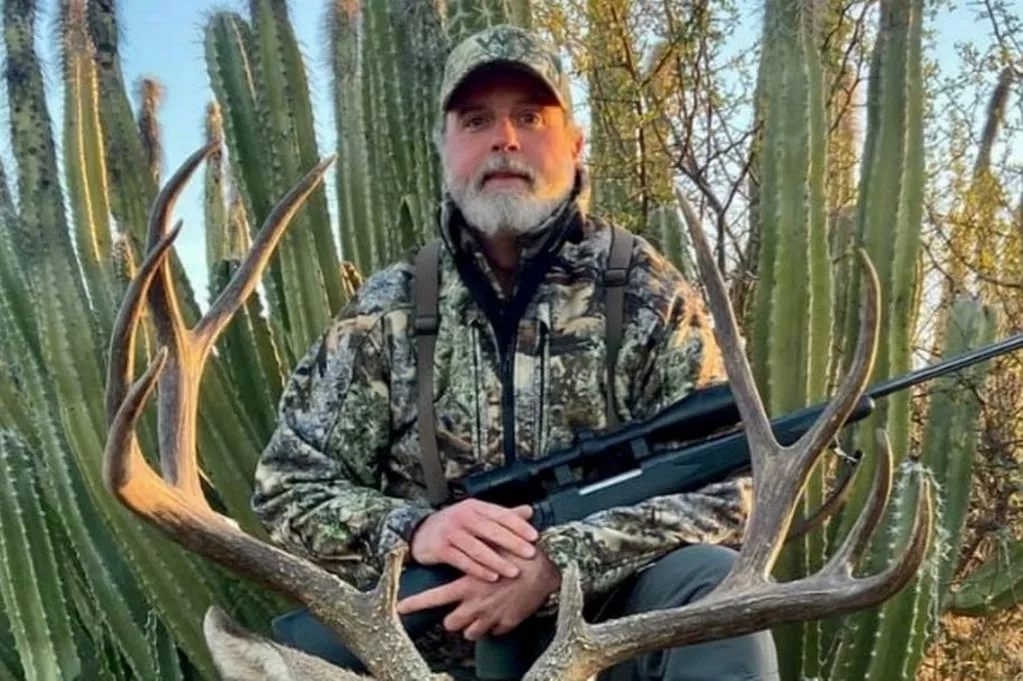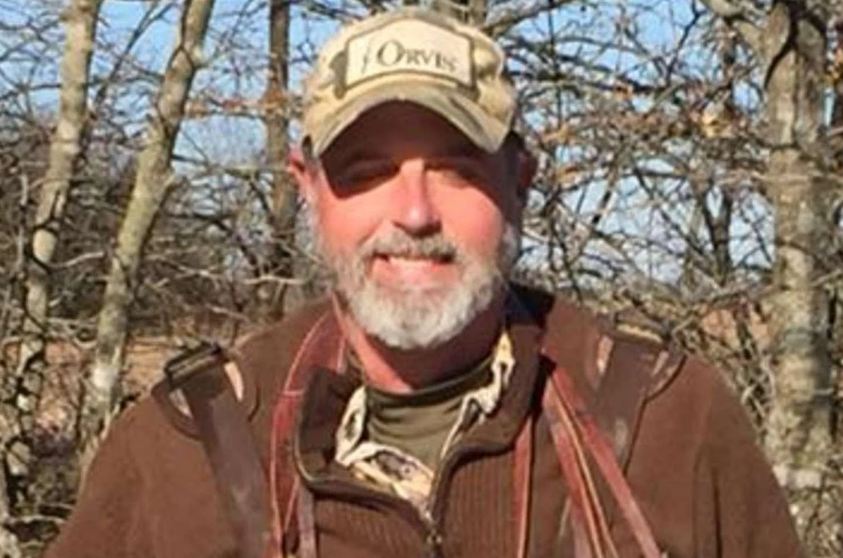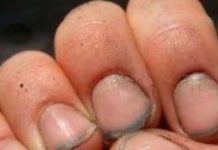On August 3, 2025, during a guided hunting expedition in Limpopo Province, South Africa, Asher Austin Watkins, a 52-year-old Texas rancher and affluent game hunter, was fatally attacked by a Cape buffalo he was tracking. The buffalo, weighing approximately 1.3 tons, charged at speeds of up to 35 mph and struck Watkins in a sudden and unprovoked attack. The excursion had been organized by Coenraad Vermaak Safaris, with Watkins accompanied by a professional hunter and a tracker at the time.
A Man of the Land
Watkins, a managing partner at Watkins Ranch Group, was well known in the ranching community across Texas, Oklahoma, and Arkansas. Based in Dallas, he led a successful real estate brokerage specializing in luxury ranch properties and was actively involved with conservation and hunting organizations, including Ducks Unlimited and the Dallas Safari.

A Hit That Was No Surprise
The Cape buffalo is notorious among Africa’s Big Five for its unpredictable and aggressive nature. Safaris and wildlife reserves often warn that these animals can launch fatal attacks—sometimes described as occurring when the buffalo feels threatened or disturbed. In this case, Watkins’s guides emphasized that the animal was “unwounded” and that the incident was unprovoked.
Family Left in Shock
Watkins’s family was nearby at the safari lodge when the tragedy unfolded. His mother (Gwen), stepfather (Tony), brother (Amon), ex-wife (Courtney), and teenage daughter (Savannah) were informed soon after. His ex-wife took to social media to express her heartbreak, writing, “It’s a reality that’s still hard to put into words. Our hearts are heavy as we navigate the days ahead, especially for Savannah as she grieves her dad.” The post has since been removed. The safari company released a statement expressing heartbreak and support: “This is a devastating incident, and our hearts go out to his loved ones… We are doing everything we can to support the family members who are here with us and those back in the United States.”
Reactions and Debate
The tragedy has reignited conversations about the ethics and dangers of big-game hunting. While some have expressed sympathy for Watkins and his family, others have questioned the necessity of hunting such powerful creatures for sport. Social media has been filled with polarized reactions — from condolences to strong criticism of trophy hunting.
Safety Lessons for Hunters
Wildlife officials stress the importance of extreme caution when approaching wounded animals. Even seasoned hunters can underestimate the risks posed by creatures with such immense power. Maintaining a safe distance, ensuring the animal is fully incapacitated, and having backup support are crucial safety measures.
A Sobering Reminder
Asher Watkins’ death serves as a reminder of the unpredictable hazards in hunting. For many, it’s also a call to reconsider humanity’s relationship with wildlife — whether in the name of sport, conservation, or survival.

Conclusion
This tragic incident underscores the inherent dangers of hunting some of Africa’s most formidable wildlife. Despite the presence of experienced guides and precautions, unforeseen aggression from powerful animals can lead to deadly outcomes. Asher Watkins was remembered by his loved ones as a courageous and adventurous spirit. His sudden passing has left a void in his family and the ranching and hunting community he was part of.

















